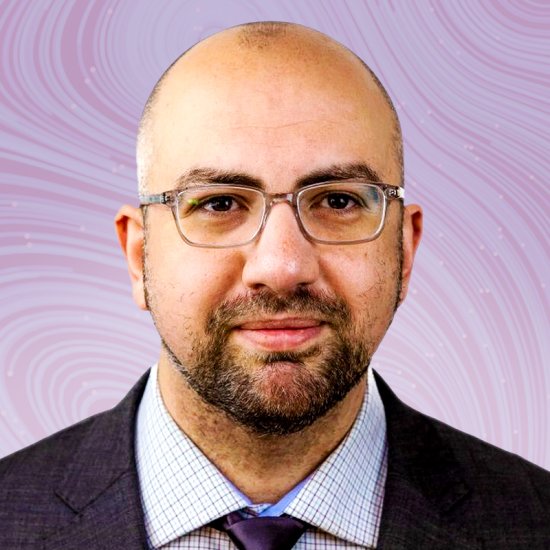
Sometimes all it takes is a cold email to start a revolution. Dr. Alex Oshmyansky, a radiologist who had become incensed by the runaway prices of prescription drugs, decided to email billionaire and Dallas Mavericks owner Mark Cuban, who famously makes his contact info public. He included a business plan for a small company he had created in 2018 that made drugs and sold them at cost. Intrigued, Cuban responded in five minutes, and was quickly drawn in by Oshmyansky’s passion and outrage over how consumers were getting “ripped off.” Cuban provided an initial investment and his name, and Mark Cuban Cost Plus Drug Co. was launched in 2022. The name is as transparent as the company’s mission—which involves selling more than 2,500 generic medications at cost, plus 15% to cover shipping and handling fees. How does Cost Plus Drug Co. sell a popular statin for $5 a month when it costs about $200 a month everywhere else? By simply going straight to the drugmakers, and bypassing the opaque system of middlemen who purchase from manufacturers at inflated negotiated prices, and resell them to hospitals and pharmacies at exorbitant markups in order to make a profit.
[time-brightcove not-tgx=”true”]Senators are asking the same question and last November requested that the Department of Health and Human Services inspector general investigate price-setting practices by specialty pharmacies for generic drugs. “I like to think that we had some role in pushing the narrative that everyone benefits from transparency,” says Oshmyansky, founder and CEO of Mark Cuban Cost Plus Drug Co.
Buoyed by the millions who now rely on Cost Plus to fill their prescriptions, the company in March began manufacturing its own generic medications from a facility in Dallas. His initial outrage is now gaining institutional momentum as drugmakers become increasingly frustrated with shouldering all of the blame for out-of-control drug prices. “If there is an opaque market, then the winners are not the buyers or the sellers but the people who broker information in between, and that’s what we see happening in spades with drug pricing,” he says. “There is a tipping point in the amount of frustration in the industry, from both buyers [patients] and sellers [drugmakers]. And hopefully we’ll see more pharmaceutical companies stand up and say to the middlemen that you need us more than we need you—which ultimately benefits patients.”